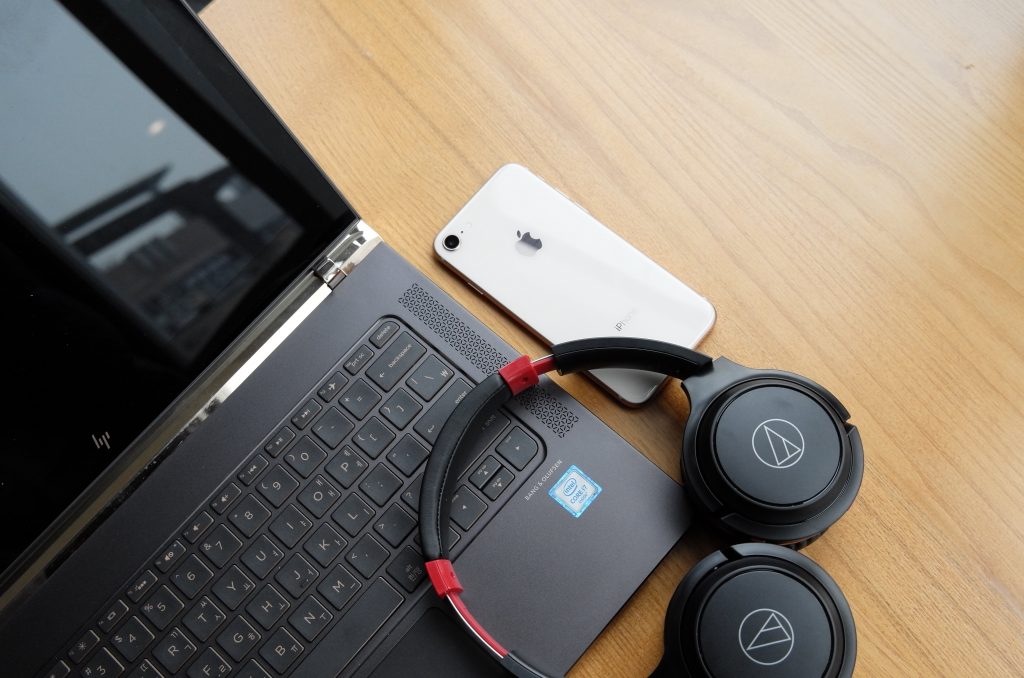4 Genuine Ways to Improve Your Spanish Verb Conjugations
Nothing sends a chill up the spines of Spanish language learners quite like the phrase “verb conjugations”. Verbs are certainly one of the trickier aspects of Spanish and it is not uncommon for new learners to struggle to master them.
While verb conjugations may seem like unpredictable and frustrating creatures (dare we even mention, shudder, irregular verbs?), there is no need to throw in the towel on Spanish just yet. Check out these four tips to help you get a handle on those finicky conjugations and learn how to use them like a native speaker.
1. Get more exposure
You can more than likely hear when something sounds off in your native language, right? You don’t need an explanation or to root through a grammar book to figure it out; you just innately know. However, this is not an ability anyone is born with, but rather the product of hundreds of thousands of hours of exposure to the language in every aspect of life.
Table of Contents
If your goal is to achieve a certain level of fluency in Spanish, then you will need to apply the exposure method to your learning process, as well. This means finding ways to experience the Spanish language as much as possible.
This can be through listening to music or podcasts, watching films or TV shows and interacting with people whose first language is Spanish. The more you hear it spoken, the easier it will be to pick up on when something is off in your own speech, especially when it comes to those tough conjugations!
2. Master the basics
Believe it or not, there are some Spanish conjugation forms that are pretty easy to learn. Instead of attempting to tackle all the conjugations in the Spanish language at once, focus on the ones you are most likely to use in everyday life.
Start with the present tense for regular verbs ending –ar (e.g. hablar: to speak). Once you feel you have a handle those, the present tense for regular verbs ending –er (e.g. beber: to drink) and –ir (e.g. vivir: to live) will come a lot more naturally.

Image by Evelyn Saenz via Flickr
From there, turn your attention to the future tense and past tense of the same verbs. Once you get a grasp on these, you will have covered a major part of Spanish verb conjugations.
3. Take note of patterns and memorise your irregular verbs
Languages are a lot like elaborate maths problems in that there are always patterns to be found. Once you are able to pick up on these, Spanish will begin to make a lot more sense. Over time, you will be able to correctly conjugate a verb without needing to look it up on a chart or in a textbook, all based off of the sentence patterns.
That being said, irregular verbs are one aspect of Spanish that can trip up even the most advanced learner. Make sure you lend a fair bit of focus to memorising the most common irregular verbs. This will help you to avoid developing a habit of accidentally conjugating them the way you would regular verb forms.
Irregular verbs, like ser, estar, hacer and tener, are used often, so it is important to become familiar with them and understand how to conjugate and use them.
4. Speak Spanish...A LOT

Photo by Jakub Hlavaty via Flickr
Speaking Spanish from the very beginning—even if your knowledge of the language is scant—is incredibly important. This will help you to get accustomed to the nuances of the language and to figure out when you are saying something incorrectly.
Make a point of speaking Spanish every day. Language exchange partners are a good way to practise on a weekly basis. But if you struggle to find someone to talk to every day, you may need to get creative. Another great way to practise is to watch a film or a show and pause it frequently to repeat dialogue back. Make sure you stop to think about why a verb might be conjugated a certain way or why a character used a particular word—remember you do not want to mindlessly repeat phrases, but rather understand the intricacies of the language while you speak. Not only does this help with speaking, but you will grow your vocabulary and develop a more natural approach to tricky verb conjugations, too.
While solo practise is important for language learning, a great tutor is a vital key to helping you navigate the ups and downs of the Spanish language. An able professional can guide you through the tough parts of language learning (like difficult conjugations) and make the process easier for you. Drop us a quick enquiry to learn more about our courses and how our excellent native-speaking tutors can help you achieve your Spanish language goals.



